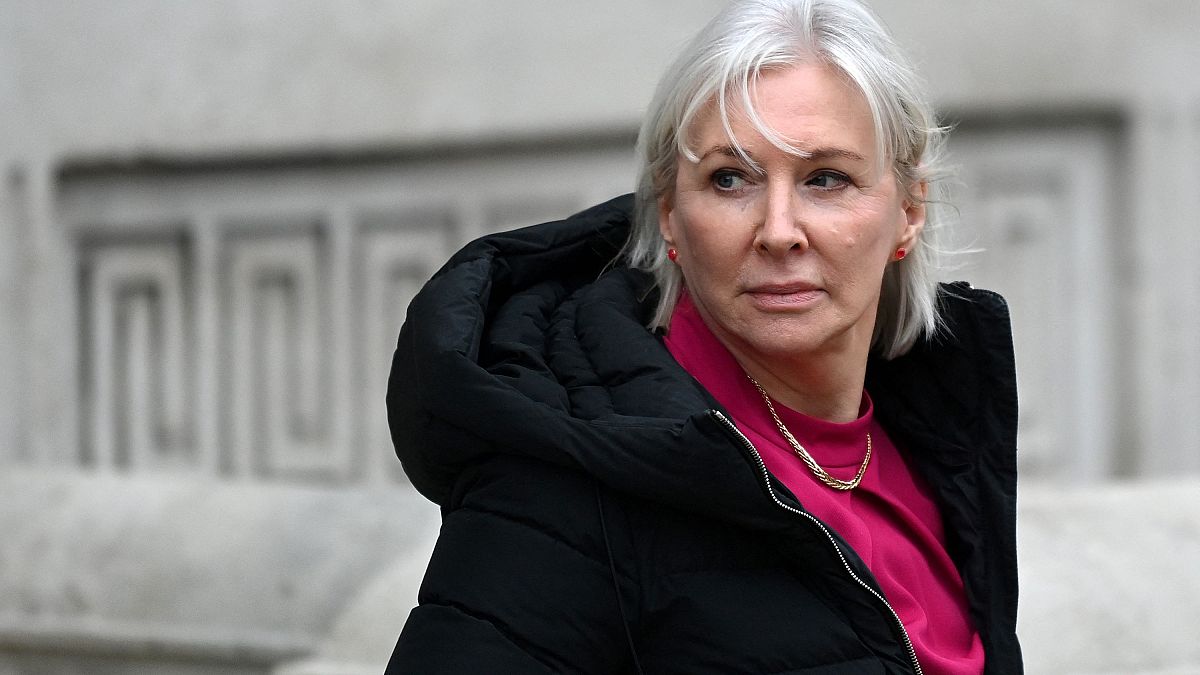UK culture minister Nadine Dorries said she could see what tech platforms were doing to "our democracy and our press".
The United Kingdom could introduce a law forcing tech companies like Meta and Google to pay media outlets for featuring their stories in content feeds or search results.
The country's culture minister Nadine Dorries told the Sunday Times newspaper that she was looking at implementing a similar system to the one introduced in Australia last year, calling her plans "Australia plus plus" and "Australia with bolts on".
In January, Britain's Mail on Sunday newspaper reported that the UK culture secretary was behind planned legal changes that would push tech platforms to negotiate fees with news publishers, and could see an independent regulator set prices if no agreement could be reached.
Dorries, who was previously the UK's mental health minister, said regulating Big Tech would help Britain's media organisations survive in an era where most consumers have grown used to getting their news for free online.
"I saw the pervasiveness of Big Tech when I was in health, and I see what it’s doing to our democracy and our press from this department," she told the Sunday Times.
Raw material
Companies like Facebook and Google have long been criticised by publishers for taking advantage of their content for free, profiting off the attention it brings to their own platforms.
In February last year, Facebook pushed back at Australia's then-proposed law, saying publishers "willingly choose to post news on Facebook," as it helped grow their audiences.
Australia's 2021 digital news law - known officially as the News Media and Digital Platforms Mandatory Bargaining Code - allows its government to designate digital platforms that must pay to feature news stories from publishers.
Tech firms Meta (then still called Facebook) and Google fought against the law, with Facebook opting to block its Australian users from sharing or viewing news stories on its platform.
News content later returned to Facebook after the companies signed commercial agreements with Australian publishers.
A growing trend
Regulation of tech platforms in the UK would also follow a European trend.
This week, Meta released Facebook News, a content aggregation service that republishes stories on the company's platform, to its users in France, in a move likely to be repeated across the European Union.
The social media giant reached an agreement with a French alliance of news publishers, the Alliance de la Presse d’Information Générale last October, after French lawmakers adopted a proposed EU copyright law in 2019.
Google's own news product, Google News, returned to Spain last year after the country adopted the EU's copyright directive, which allows platforms to negotiate the cost of using news content directly with industry representatives.
The new law superseded a Spanish regulation, adopted in 2014, that obliged Google and other news aggregators to pay a central licence fee to Spanish news organisations for re-using their stories.



